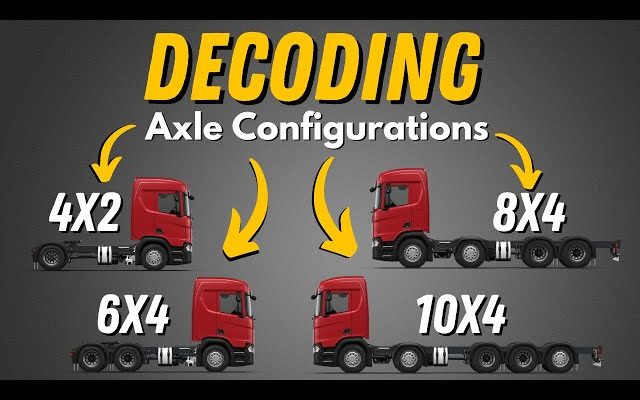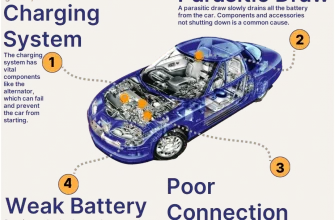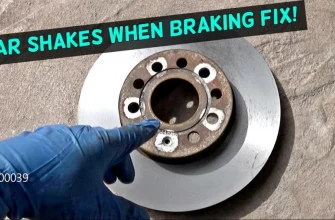When it comes to purchasing a vehicle, one of the most significant factors for many buyers is understanding the drivetrain configuration. Among the various options available, the term 4×2 often surfaces, especially when discussing trucks and SUVs. But what does 4×2 actually mean, and how does it impact the performance and functionality of your vehicle? Let’s delve into this concept to help you make an informed decision.
What is 4×2?
The term 4×2 refers to a specific drivetrain configuration where a vehicle has four wheels, but only two of those wheels receive power from the engine. In simpler terms, it means that the vehicle is a two-wheel drive, specifically using the rear wheels for traction while the front wheels are not powered. This setup is most commonly found in pickup trucks and some SUVs.
How Does 4×2 Work?
In a 4×2 vehicle, the engine power is transmitted to the rear wheels through a driveshaft. This configuration is advantageous for several reasons:
- Fuel Efficiency: Since only two wheels are driven, 4×2 vehicles typically consume less fuel compared to their 4×4 counterparts, making them an economical choice for daily driving.
- Weight Reduction: With fewer components needed for the drivetrain, 4×2 vehicles are generally lighter. This weight reduction can enhance acceleration and braking performance.
- Lower Maintenance Costs: Fewer moving parts mean less wear and tear, which can result in lower maintenance costs over the lifespan of the vehicle.
Pros and Cons of 4×2 Vehicles
Like any vehicle configuration, 4×2 systems come with their own set of advantages and disadvantages:
Pros:
- Cost-Effective: Typically, 4×2 vehicles are less expensive than 4×4 models, both in terms of initial cost and ongoing maintenance.
- Better Handling on Pavement: With a focus on rear-wheel drive, 4×2 models often handle better on paved roads, providing a more dynamic driving experience.
- Ideal for Urban Use: If most of your driving is in urban or suburban settings, a 4×2 vehicle will meet your needs efficiently.
Cons:
- Limited Off-Road Capability: If you plan to venture off the beaten path, a 4×2 vehicle may struggle in challenging conditions like mud, snow, or rocky terrain.
- Less Traction in Adverse Weather: The lack of power to the front wheels can make 4×2 vehicles less stable in slippery conditions, such as rain or snow.
When to Choose a 4×2 Vehicle
Choosing a 4×2 vehicle is often best suited for individuals who:
- Primarily drive on highways and city roads.
- Desire a vehicle for commuting or family use, rather than off-roading.
- Are looking for a more budget-friendly option without the need for advanced drivetrain systems.
Understanding the 4×2 drivetrain configuration is crucial when selecting the right vehicle for your needs. While it offers a host of benefits, including fuel efficiency and lower costs, it’s essential to consider your driving habits and terrains you plan to navigate. Whether you’re commuting daily or simply running errands, a 4×2 vehicle can serve you well if it aligns with your driving lifestyle.
Ultimately, the choice between 4×2 and other configurations, such as 4×4, should be guided by your personal preferences and the specific demands of your driving environment. Happy driving!










This article is a must-read for anyone looking into buying a truck or SUV. The insights on handling and urban use are spot on. Very well written and easy to understand!
This article is incredibly informative! I had no idea what 4×2 meant before reading this. The breakdown of its advantages really helped me understand why it might be the right choice for my next vehicle.
I appreciate how detailed this article is. It clarified the differences between 4×2 and 4×4 configurations, making my decision-making process much easier. Thank you for sharing this valuable information!
Fantastic read! The pros and cons section was particularly helpful. I never realized how much weight could impact vehicle performance until now. Definitely considering a 4×2 for my next purchase!
Great explanation of 4×2 vehicles! The emphasis on fuel efficiency and lower maintenance costs is exactly what I needed to know while considering my options for a new truck.